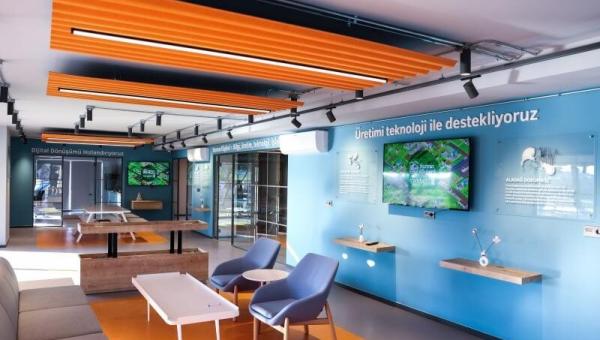
Focus Areas
Private Sector Partnerships
Summary
UNDP Türkiye has been successful in establishing over 50 partnerships with the private sector through building on UNDP’s comparative advantage in building local capacities for enhanced social inclusion of persons with disabilities, youth and women. The examples of partnerships make UNDP Türkiye as the leading agency in development partnerships with extensive experience over the past two decades.
In Depth
UNDP’s partnerships with private sector support an inclusive economy. Inclusive business models create win-win situation for all stakeholders. The partnerships between UNDP and businesses create both social and business impact, which cultivate a healthier growing economy. Private sector partnerships also strengthens our efforts in enhancing gender equality and women's empowerment as well as reaching human development goals.
For example, when Microsoft sponsored an ICT peer education project, it increased its access to qualified workers as well as boosted the employment opportunities for those who undertook the training. UNDP’s efforts were then supported by other ICT companies, namely Vodafone, Cisco, IBM and Intel, as well as the Government of Türkiye, to turn the initiative into a major information society transformation programme in Türkiye, which benefited over a million disadvantaged people.
In other partnerships with Peugeot, Koc Holding, Vodafone and Ayder, it was possible to break social deprivation and improve opportunities for disabled individuals to be more active and productive citizens. Business members in all around Anatolia participated in a country wide awareness campaign towards a barrier free economy in Koc Holding’s “For My Country” partnership and disabled members of the society joined social enterprise efforts at the remarkable facilities of “Dreams Academy” in Istanbul and Kas, Antalya.
Visa, Experian and Credits Bureau of Türkiye are some of other organizations, which worked with UNDP for building society’s financial management capacities through financial literacy trainings to achieve more sustainable growth and a less vulnerable economy through better financial decisions, stronger wealth creation potential and less risky behavior.

 Locations
Locations




